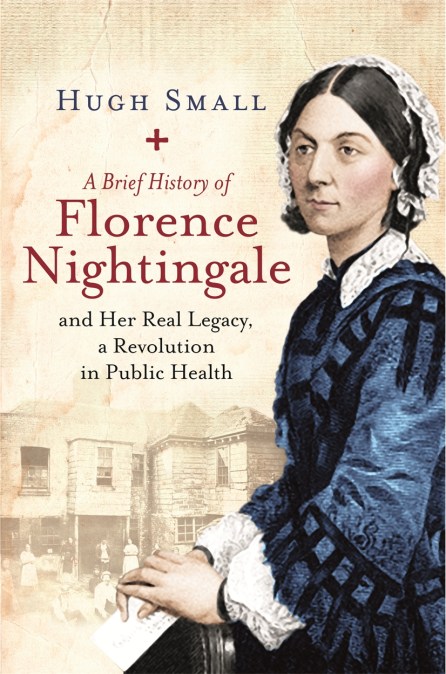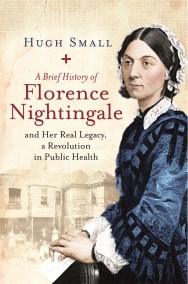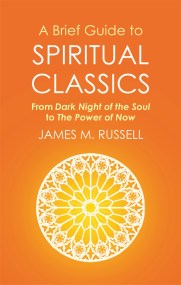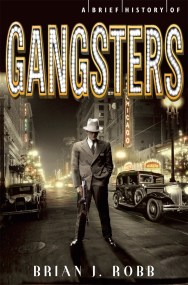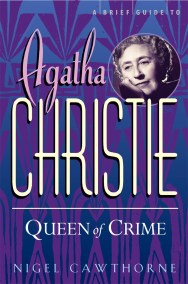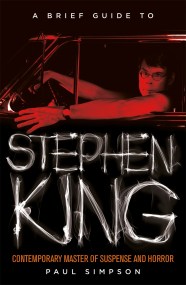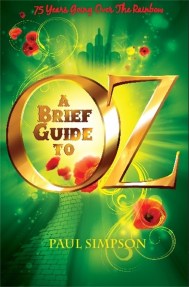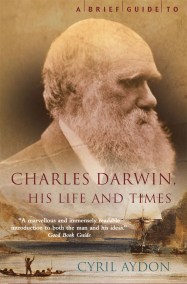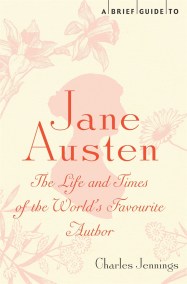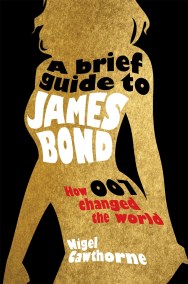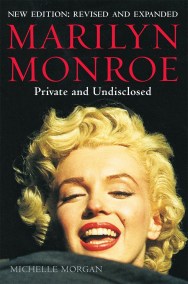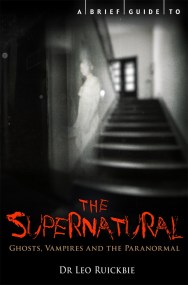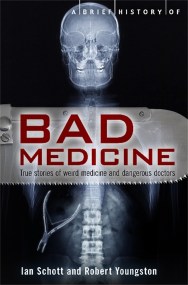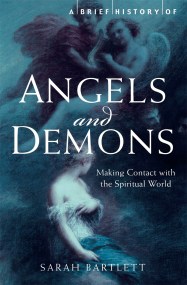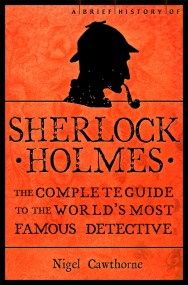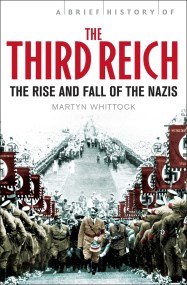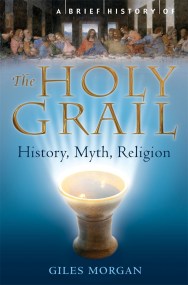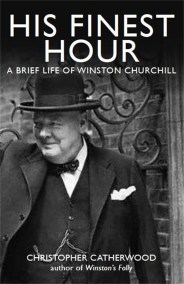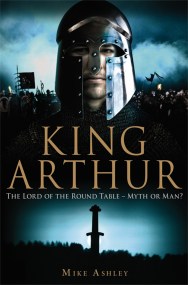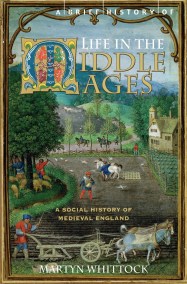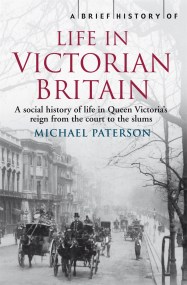A Brief History of Florence Nightingale
On sale
3rd August 2017
Price: £10.99
Selected:
ebook / ISBN-13: 9781472140296
Praise for Small’s earlier work on Nightingale: ‘Hugh Small, in a masterly piece of historical detective work, convincingly demonstrates what all previous historians and biographers have missed . . . This is a compelling psychological portrait of a very eminent (and complex) Victorian.’
James Le Fanu, Daily Telegraph
Florence Nightingale (1820-1910) is best known as a reformer of hospital nursing during and after the Crimean War, but many feel that her nursing reputation has been overstated.
A Brief History of Florence Nightingale tells the story of the sanitary disaster in her wartime hospital and why the government covered it up against her wishes. After the war she worked to put the lessons of the tragedy to good use to reduce the very high mortality from epidemic disease in the civilian population at home. She did this by persuading Parliament in 1872 to pass laws which required landlords to improve sanitation in working-class homes, and to give local authorities rather than central government the power to enforce the laws. Life expectancy increased dramatically as a result, and it was this peacetime civilian public health reform rather than her wartime hospital nursing record that established Nightingale’s reputation in her lifetime.
After her death the wartime image became popular again as a means of recruiting hospital nurses and her other achievements were almost forgotten. Today, with nursing’s new emphasis on ‘primary’ care and prevention outside hospitals, Nightingale’s focus on public health achievements makes her an increasingly relevant figure.
James Le Fanu, Daily Telegraph
Florence Nightingale (1820-1910) is best known as a reformer of hospital nursing during and after the Crimean War, but many feel that her nursing reputation has been overstated.
A Brief History of Florence Nightingale tells the story of the sanitary disaster in her wartime hospital and why the government covered it up against her wishes. After the war she worked to put the lessons of the tragedy to good use to reduce the very high mortality from epidemic disease in the civilian population at home. She did this by persuading Parliament in 1872 to pass laws which required landlords to improve sanitation in working-class homes, and to give local authorities rather than central government the power to enforce the laws. Life expectancy increased dramatically as a result, and it was this peacetime civilian public health reform rather than her wartime hospital nursing record that established Nightingale’s reputation in her lifetime.
After her death the wartime image became popular again as a means of recruiting hospital nurses and her other achievements were almost forgotten. Today, with nursing’s new emphasis on ‘primary’ care and prevention outside hospitals, Nightingale’s focus on public health achievements makes her an increasingly relevant figure.
Newsletter Signup
By clicking ‘Sign Up,’ I acknowledge that I have read and agree to Hachette Book Group’s Privacy Policy and Terms of Use
Reviews
(A review of Hugh Small's earlier work on Nightingale) Small's book is full of interesting detail.
(A review of Hugh Small's earlier work on Nightingale) History has not been kind to Florence Nightingale. Ever since Lytton Strachey caricatured her in Eminent Victorians, she has been attacked (mainly by men) as bossy and manipulative. Feminists have deconstructed her breakdowns and sexuality and woven candyfloss theory about her years in bed. Hugh Small's gripping story of Nightingale's nemesis and redemption goes a long way to rehabilitate her.
(A review of Hugh Small's earlier work on Nightingale) Small comes at his subject from a novel and startlingly illuminating perspective. Far from debunking this great Victorian icon, however, his portrait liberates a formidable woman from dreamy angelhood, underlining her tragic heroism instead.
(A review of Hugh Small's earlier work on Nightingale) Small's thesis is genuinely new and rewrites the psycho-feminist claim that Nightingale collapsed in a heap back in England because she couldn't bear to be near her dominating mother and elder sister. Small stays in the realm of psycho-biography, but gives it a stiffer spine, marrying Nightingale's slump to a set of tormenting statistics . . . It is part detective story, part biography, and wholly relevant to current debates about preventive medicine. A third of the size of a regular biography, it inserts itself in the gaps which bigger, older studies of Nightingale have left behind, and explores the reasons for their reticence. In the process, the book becomes not just a study of one life, or one historical problem, but a commentary on the difficulties of writing about both.
(A review of Hugh Small's earlier work on Nightingale) Hugh Small, in a masterly piece of historical detective work, convincingly demonstrates what all previous historians and biographers have missed . . . This is a compelling psychological portrait of a very eminent (and complex) Victorian.
(A review of Hugh Small's earlier work on Nightingale) Small's Nightingale is driven, tormented, messianic and interesting.
(A review of Hugh Small's earlier work on Nightingale) Small's detailed examination of Nightingale's hospital work and the crisis that followed it sheds new light on her life and a surprising one on the way she was viewed at the time. Not quite the lady of the lamp that we all thought.

